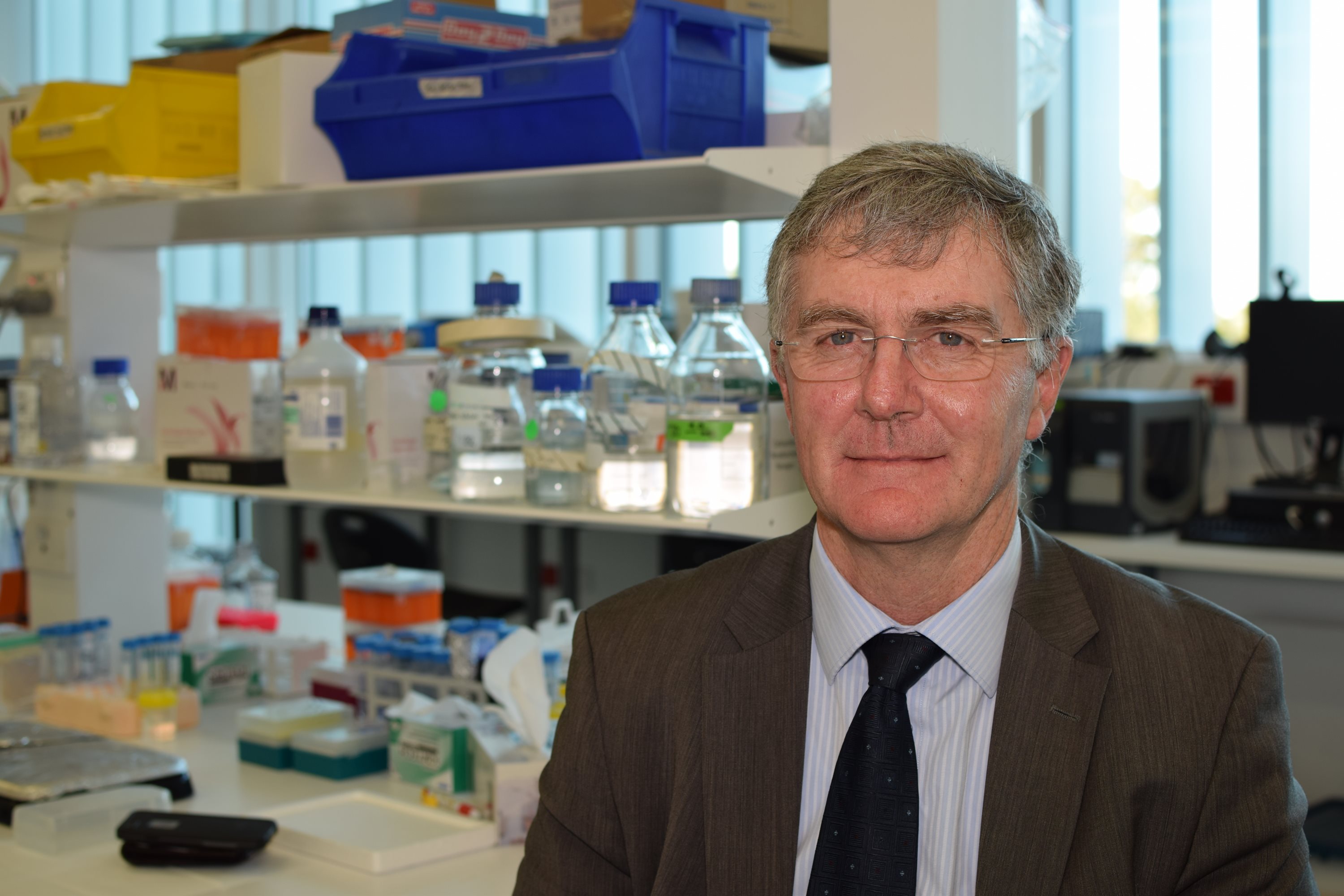July 22, 2016 Print
In a world first, researchers have developed a test that can predict patients at risk of developing organ damage after kidney transplantation, paving the way for improvements in long-term survival rates.
 The Westmead Institute's Professor Philip O'Connell
The Westmead Institute's Professor Philip O'Connell
Kidney transplantation is the most common solid organ transplantation in Australia: more than 900 transplants were performed in 2015.
Despite reductions in acute rejection, long-term organ survival in kidney transplantation patients has not improved, meaning many patients will need more than one kidney transplant in their lives.
Now, a collaborative study by researchers from The Westmead Institute for Medical Research, the University of Sydney and Mount Sinai Medical School New York has identified a set of 13 genes that can independently predict the development of kidney fibrosis – a major cause of kidney transplant loss – as soon as three months after transplantation.
Currently, diagnostic techniques can only identify kidney dysfunction, but by this time irreversible damage from fibrosis has developed.
By identifying high risk patients early on - a group which the researchers said were 2-3 times more likely to lose their kidney in the first five years than those without the genetic marker –new treatments can be introduced before any organ damage occurs.
The study, published in prestigious journal The Lancet, was an international collaboration between researchers from The Westmead Institute’s Centre for Transplant and Renal Research and the Icahn School of Medicine at Mount Sinai in New York.
Lead author of the paper, Director of the Centre for Transplant and Renal Research Professor Philip O’Connell said the findings were an important step forward in improving long-term outcomes for kidney transplantation patients.
“If you can identify after three months who is at risk, you can tailor treatments to increase kidney survival rates,” Professor O’Connell said.
According to Professor O’Connell, who is also Clinical Professor of Medicine at the University of Sydney and Westmead Hospital, the significant breakthrough was the result of cutting edge gene sequencing technology, sophisticated methods of mathematical analysis, and the unique positioning of the Westmead precinct, which allows for translational research.
“A large proportion of the patients who took part in these trials were from Westmead,” Professor O’Connell said.
“This combination of access to patients and powerful new technologies in genetic analysis is leading us away from a one size fits all approach to kidney disease, towards personalised treatments.”
Professor O’Connell said the innovative methods used in the study have the potential to be applied to other disease states, such as cancer and autoimmune diseases.
The next step is for the researchers to test their predictive tool in clinical trials.
“We are probably about five years away from using this tool in a routine clinical setting,” Professor O’Connell said.
In Australia, kidney-related disease kills more people each year than breast cancer, prostate cancer, or even road traffic accidents.